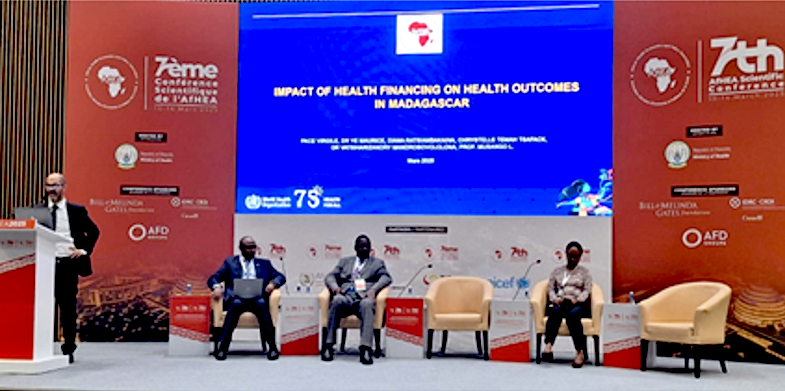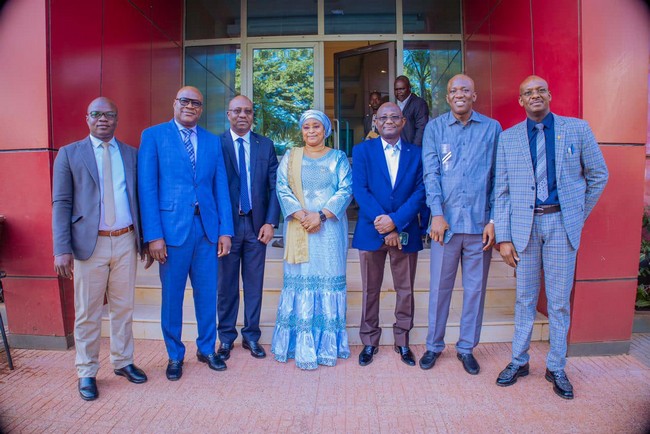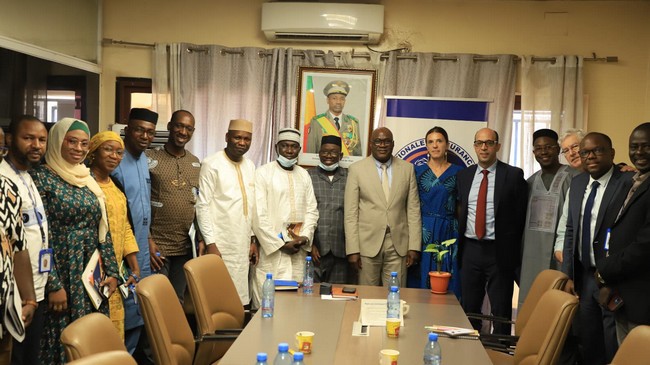An examination of various reports of Mali’s national health accounts from 2015 through 2019 shows that most of the resources allocated to the health sector were provided by households, even if their share in current health expenditure fell slightly between 2018 (31.9%) and 2019 (31.1%). Direct payment by households represented 34.7% of total expenditure in 2019 against a contribution of 25.6% from the public administration.
With a view to reducing direct payment by households, Mali initiated a process of setting up a universal health insurance scheme. The government developed the national social protection policy, and the related policy concerning the financing of universal health coverage (UHC) and its 2018-2022 action plan.
Evaluation of the Medical Assistance Scheme informs policy
The evaluation methodology involved a combination of quantitative and qualitative approaches. Investigations in the different regions made it possible to examine the legal and regulatory provisions, the operationalization of the system, communications and other key factors. In addition the evaluation highlighted positive elements of the scheme.
The results of the evaluation offer the opportunity to assess the government’s effort in its quest to ensure equity in health care and to consider the future direction for RAMED’s performance.
Building blocks in the framework for UHC in Mali
Within the framework of UHC and the social protection system, Mali began by setting up schemes for different beneficiary populations and progressed stepwise toward universal coverage:
- Compulsory health insurance [Assurance Maladie Obligatoire] (AMO) to cover civil servants, workers governed by the labor code, members of parliaments, pensioners and their dependents (institutionalized since June 2009 and officially launched in May 2011)
- RAMED covering indigent people (institutionalized since June 2009 and officially launched in October 2011)
- Mutual health insurance for people in the informal and agricultural sectors, who represent 78% of the population (adopted in February 2011)
The law establishing the Universal Health Insurance Scheme was adopted on December 31, 2018, and promulgated on January 28, 2022.



